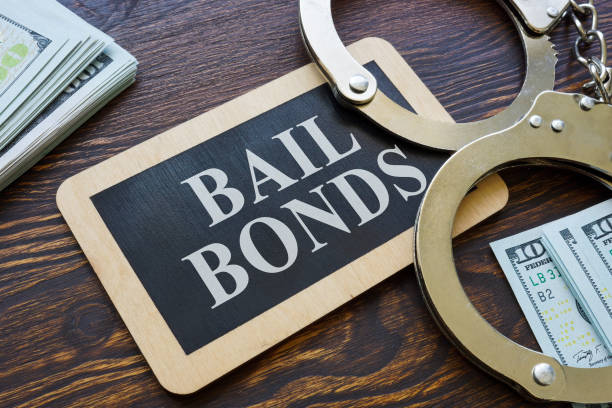When most of the people imagine bonds, it's 007 that comes to mind and which actor they've preferred in the past. Bonds aren’t just secret agents though, they're a type of investment too.

Exactly what are bonds?
Simply, a bond is loan. When you purchase a bond you are lending money for the government or company that issued it. In return for the borrowed funds, they'll give you regular interest rates, plus the original amount back at the end of the word.
As with all loan, often there is danger the company or government won't pay out back your original investment, or that they may don't keep up their interest rates.
Purchasing bonds
While it's feasible for one to buy bonds yourself, it isn't really the best action to take and yes it tends demand a lot of research into reports and accounts and turn into quite expensive.
Investors might find that it's a lot more simple to get a fund that invests in bonds. It's two main advantages. Firstly, your cash is coupled with investments from lots of other people, meaning it can be spread across a variety of bonds in a manner that you couldn't achieve had you been buying your own. Secondly, professionals are researching the whole bond market for you.
However, because of the blend of underlying investments, bond funds do not always promise a set level of income, therefore the yield you obtain are vastly different.
Learning the lingo
Whether you're choosing a fund or buying bonds directly, you can find three key phrases which might be beneficial to know: principal; coupon and maturity.
The principal may be the amount you lend the company or government issuing the bond.
The coupon will be the regular interest payment you obtain for getting the link. It is a fixed amount that is certainly set once the bond is disseminated and is also called the 'income' or 'yield'.
The maturity will be the date once the loan expires and the principal is repaid.
Many of bond explained
There's 2 main issuers of bonds: governments companies.
Bond issuers are usually graded as outlined by power they have to settle their debt, This is what's called their credit score.
A business or government with a high credit standing is recognized as 'investment grade'. This means you are less likely to throw money away on his or her bonds, but you will most probably get less interest also.
In the other end with the spectrum, a business or government with a low credit standing is considered to be 'high yield'. Since the issuer has a greater risk of unable to repay your finance, a persons vision paid is often higher too, to stimulate people to buy their bonds.
Just how do bonds work?
Bonds might be deeply in love with and traded - just like a company's shares. Which means that their price can move up and down, depending on several factors.
The four main influences on bond price is: rates of interest; inflation; issuer outlook, and provide and demand.
Interest levels
Normally, when rates fall so bond yields, though the price of a bond increases. Likewise, as interest rates rise, yields improve but bond prices fall. This is whats called 'interest rate risk'.
If you need to sell your bond and obtain your money back before it reaches maturity, you might need to accomplish that when yields are higher and prices are lower, and that means you would get back below you originally invested. Interest rate risk decreases as you get nearer to the maturity date of your bond.
For example this, imagine you have a choice between a piggy bank that pays 0.5% along with a bond which offers interest of 1.25%. You could decide the text is a lot more attractive.
Inflation
Because the income paid by bonds is often fixed during the time they are issued, high or rising inflation can generate problems, since it erodes the genuine return you will get.
As an example, a bond paying interest of 5% may sound good in isolation, however, if inflation is running at 4.5%, the true return (or return after adjusting for inflation), is simply 0.5%. However, if inflation is falling, the text may be much more appealing.
You'll find such things as index-linked bonds, however, that you can use to mitigate the potential risk of inflation. Value of the money of the bonds, along with the regular income payments you obtain, are adjusted in accordance with inflation. Which means if inflation rises, your coupon payments along with the amount you're going to get back rise too, and vice versa.
Issuer outlook
Being a company's or government's fortunes may worsen or improve, the cost of a bond may rise or fall because of their prospects. For instance, if they are under-going a difficult time, their credit rating may fall. The chance of a company the inability pay a yield or just being unable to repay the main city is called 'credit risk' or 'default risk'.
If a government or company does default, bond investors are higher up the ranking than equity investors in relation to getting money returned to them by administrators. This is why bonds are likely to be deemed less risky than equities.
Supply and demand
If your great deal of companies or governments suddenly have to borrow, you will have many bonds for investors to select from, so price is more likely to fall. Equally, if more investors are interested than you'll find bonds offered, cost is more likely to rise.
For more information about bail bonds New Haven go this useful webpage
